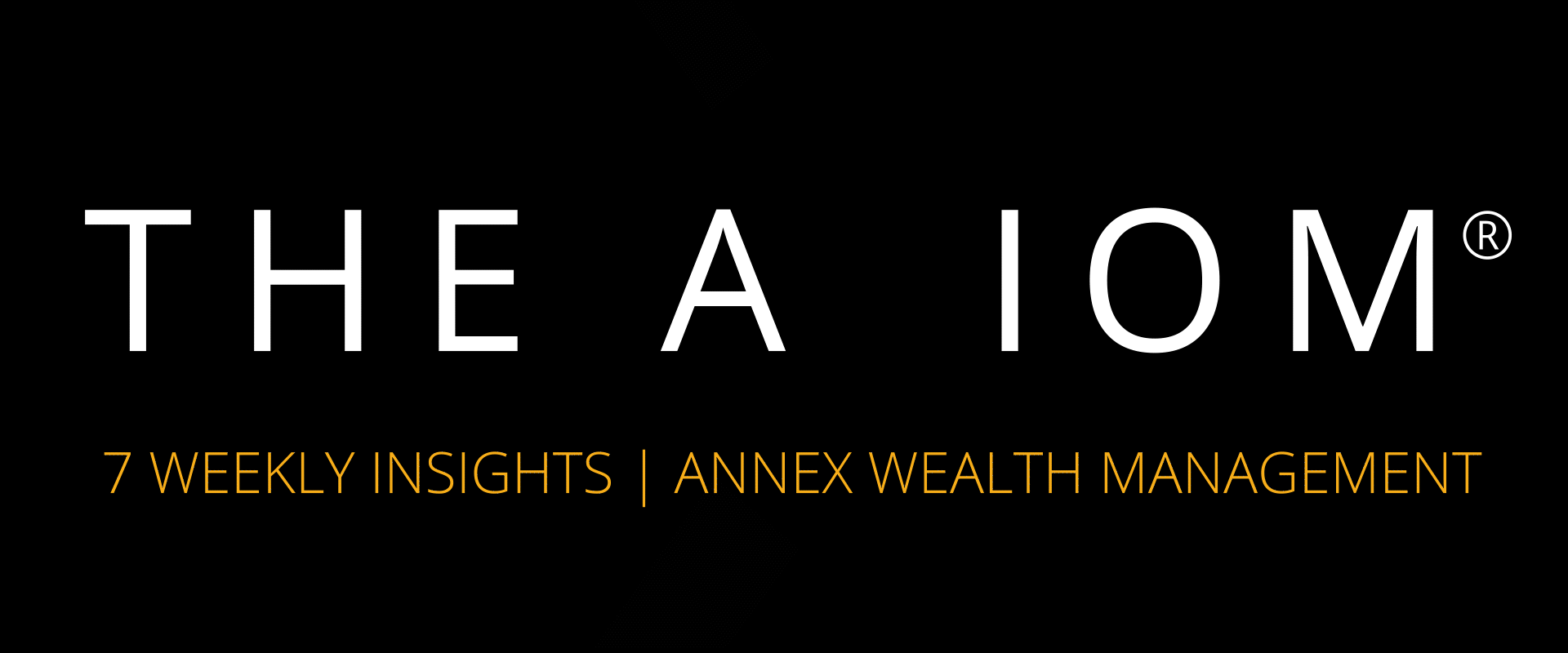
With geopolitical unrest threatening and inflation at 40-year highs, the markets and many analysts wait to see how the Fed will react. The Fed acknowledges it hasn’t moved as responsively as it might have; but will their actions maintain a delicate balance? Annex Wealth Management’s Dave Spano and Derek Felske discuss.

You may have started noticing inflation months ago with meat price increases. Many farmers are blaming fertilizer price increases along with crop seed price increases. It costs more to feed the animals, therefore making the price of meat higher.
Today, many of us are seeing inflation on nearly all the shelves at the store. In January, the Labor Department quoted a sharp rise of a 7% surge in general food prices, an increase that hasn’t been reported since 1981.
With no reprieve in sight, the prices at the grocery store will keep rising to offset the costs of production. How will you adjust?
https://www.foxbusiness.com/economy/farmers-feel-the-squeeze-of-inflation
BACK TO TOP ↑

Review & Optimize Tax Savings Vehicles Before Tax Day
Tax Day, which is April 18th this year, is quickly approaching. Many of us know Tax Day is generally the deadline to file your taxes. What you may not know is this important day is also the deadline for making contributions to certain accounts that may benefit you.
If you haven’t maximized your retirement savings for 2021, you might be in luck. The IRS allows for certain types of account contributions to be made in 2022 and applied towards 2021. However, you must make such contributions by the tax deadline.
Let’s get specific:
- Review your Traditional IRA contributions for 2021. You may still be able to contribute up to $6,000 for tax year 2021, and an added $1,000 catch-up, if you’re 50 and older.
- Are you eligible to make Roth IRA contributions? Like a traditional IRA, you have until April 18th to fund your 2021 contribution.
- Do you have a spouse? He or she may be eligible to make IRA or Roth IRA contributions as well, even if they don’t have their own source of income.
- Own your own business? There are unique accounts available to you that may still be funded for 2021, even though we are already well into 2022.
- Be aware of the income limitations. You may want to prepare an accurate draft of your tax return filing prior to making any contributions for 2021. That way, you can confirm the amounts which you are eligible to contribute. This is especially true if your income is approaching certain thresholds.
- Have you been saving to a 529 account? Or are you considering opening one? If so, some states such as Wisconsin allow you to contribute for 2021 up until April 18th, 2022 and still receive the tax deduction (up to $3,380 per beneficiary) on your Wisconsin return.
- Once you file your taxes, you may be expecting a refund. For your convenience, below are the links to both the IRS and Wisconsin websites that allow you to track the status of your refund.
Federal: https://www.irs.gov/refunds
Wisconsin: https://www.revenue.wi.gov/Pages/Apps/TaxReturnStatus.aspx
BACK TO TOP ↑
Annex Wealth Management’s Estate Planning Attorney, Jill Martin, responded:
Hi Lois, thanks for your inquiry. From the sounds of it, your “Ask Annex” contains 3 distinct, but related questions.
As the beneficiary of an IRA, the general rule*, as you stated, is the beneficiary has a 10-year timeframe to fully distribute the account to themselves. For example, if you inherited an IRA from your mother who died in 2021, normally, as the beneficiary, you would open an inherited IRA in your name and then have until December 31, 2031, to fully distribute the account.
If the inherited IRA was a traditional IRA, then you will be taxed on each distribution you take out of the account during that 10-year period. If it was a Roth IRA, then you likely will not be taxed on any of those distributions.
Once the Inherited IRA is in your name, then you must take those distributions. If you ultimately want the money to go to your children, then you would need to make a gift to them. But be aware that the distributions are taxed to you. The gift of cash to your children is not taxable to them.
If you have not yet moved the IRA into your own Inherited IRA, an option to consider would be a qualified disclaimer, which is when a beneficiary indicates they do not want to receive a portion or all the inheritance they are entitled to receive.
A disclaimer treats you as deceased related to the portion you disclaimed so that amount goes to the next beneficiary entitled to receive according to the estate plan or beneficiary designation. You do not get to decide who receives the funds you disclaim. So, it is important to retain legal counsel to be advised of the consequences of a disclaimer and to properly draft the documentation to make it effective.
As the executor, you are tasked with following the last will and testament of the deceased individual and making distributions according to its terms. Often it is desirable and easier to liquidate the assets in an estate, so each beneficiary receives cash, but this may depend on the type of assets that make up the estate.
Tax consequences are also very dependent on the type of assets that make up the estate and the timing of when the distributions occur compared to the date of death. It’s recommended that executors work with a CPA (Certified Public Accountant) or attorney to help them sort through all aspects of the estate administration.
* There are some exceptions to the 10-year rule based upon the beneficiary’s relationship to the account owner or the health of the beneficiary.
BACK TO TOP ↑
Long-Term Care Planning: Assisted living costs an average of $4,300 per month.
consumeraffairs.com
BACK TO TOP ↑
BACK TO TOP ↑
UPCOMING EVENTS →
BACK TO TOP ↑